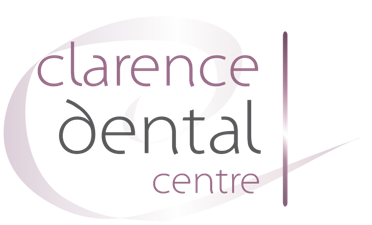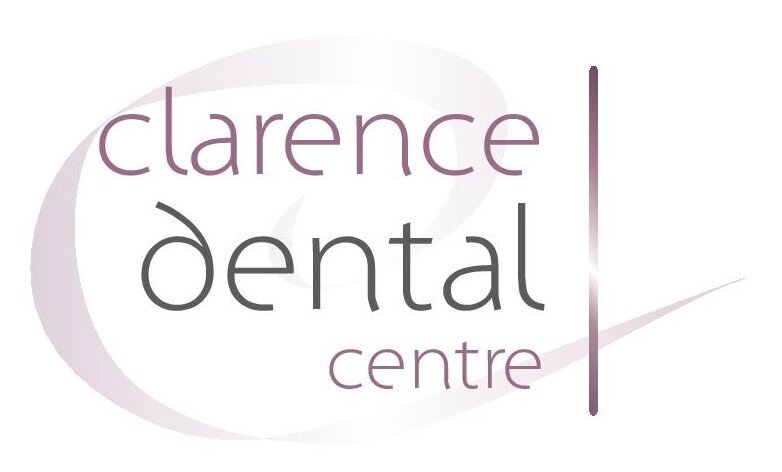The Vital Link Between Oral Health and Adverse Pregnancy Outcomes
While expectant mothers focus on a healthy diet and regular prenatal check-ups, one crucial aspect often goes overlooked – oral health. Maintaining good oral hygiene during plays a significant role in preventing adverse pregnancy outcomes. Changes that occur during pregnancy can affect oral health, and likewise, oral health can influence the overall health of both the mother and the developing baby.
Pregnancy Gingivitis
During pregnancy, hormonal changes can lead to an increased risk of pregnancy gingivitis, a condition characterised by swollen, tender gums. If left untreated, gingivitis can progress to periodontal disease, which is associated with systemic inflammation. The inflammatory response can then potentially affect the developing foetus and contribute to adverse pregnancy outcomes.
Preterm Birth and Low Birth Weight
Periodontal disease has been linked to an increased risk of preterm birth and low birth weight. The harmful bacteria associated with gum disease can enter the bloodstream, triggering an immune response that may lead to premature labour. Additionally, low birth weight can result from chronic inflammation in the mother's body due to untreated gum disease.
Gestational Diabetes and Oral Health
Gestational diabetes is a type of diabetes that develops during pregnancy. Recent research suggests a bidirectional relationship between gestational diabetes and oral health. Women with poor oral health may have a higher risk of developing gestational diabetes, and, conversely, gestational diabetes can worsen oral health due to elevated blood sugar levels.
Vertical Transmission of Bacteria
Oral health issues can lead to the presence of harmful bacteria in the mouth, which can be transmitted vertically from the mother to the developing baby. This transmission of bacteria during pregnancy may increase the risk of infections for the baby and potentially affect their long-term health. In addition, mothers with untreated dental decay may inadvertently transmit this bacteria to their baby after birth.
Promoting Oral Health for a Healthy Pregnancy
Preconception Dental Visit: Ideally, schedule a dental check-up before conceiving to address any existing oral health issues.
Maintain Excellent Oral Hygiene: Brush your teeth at least twice a day and floss daily to keep your gums and teeth healthy.
Regular Dental Check-ups: Continue to visit your dentist regularly during pregnancy for preventive care and early detection of any oral health problems.
Balanced Diet: Eat a nutritious diet rich in vitamins and minerals essential for both oral health and a healthy pregnancy.
Manage Gestational Diabetes: If diagnosed with gestational diabetes, work closely with your healthcare provider to manage it effectively.
By prioritizing regular dental care, maintaining good oral hygiene, and addressing any oral health issues promptly, a healthier pregnancy can be achieved, reducing the risk of adverse pregnancy outcomes.
For more information on managing pregnancy and oral health, check out the resources available at the Australian Dental Association’s Teeth.org.au and Pregnancy, Birth and Baby.


